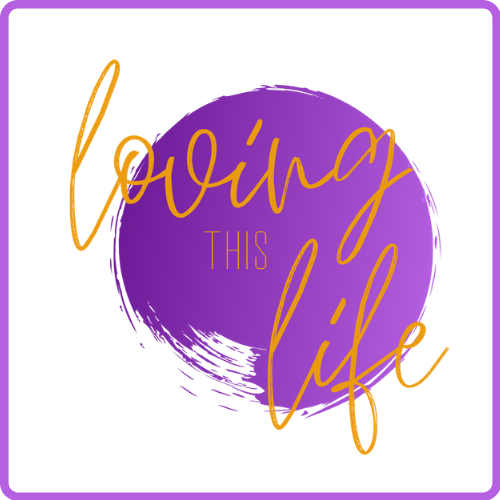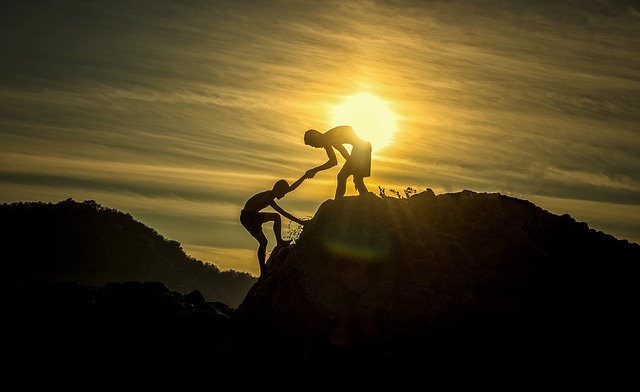
WHAT DO YOU REALLY WANT IN YOUR LIFE?
Have you ever asked yourself this question? Do you struggle to know? What do you want in your life?
As a teenager especially, I asked myself what I wanted in my life heaps of times. I was never really satisfied with the answer I came up with!
I knew that I wanted to do something fulfilling with my life – where I’d feel a sense of pride as I grew older and know I’d done well as I came to the end of my life.
But how on earth do you know what that is and when you’ve completed it? I kept on going around and around in circles and really didn’t find any answers! Does that ring true for you?
Before I go around that circle once again, let me just say it’s easy to do, isn’t it… ? It’s easy to get caught up in asking lots of questions. As well as trying to work out what we’re supposed to do! But we don’t usually find the answers this way. Let me share something I’ve found helpful in looking at this question.
A book called “Man’s Search for Meaning” by Victor Frankl helped me immensely. If you haven’t come across Frankl before, he was an Austrian neurologist and psychiatrist who ended up in Auschwitz Concentration Camp in WW2. He lost everything at this time, including his wife and mother who were both killed. (You can read more about him here: http://www.viktorfrankl.org/e/chronology.html )
How could anyone who had everything stripped from him, including basic dignity and self-respect, find any meaning or purpose in their life? He did.
Frankl said: “Everything can be taken from a man but one thing: the last of the human freedoms—to choose one’s attitude in any given set of circumstances, to choose one’s own way”
Isn’t that statement amazing from a man who was ridiculed, tortured, and forced to endure hideous living conditions for several years?
He also said the following which I think helps us in our search to answer our question about what we want in our life:
“The more one forgets himself — by giving himself to a cause to serve or another person to love — the more human he is and the more he actualizes himself. What is called self-actualization is not an attainable aim at all, for the simple reason that the more one would strive for it, the more he would miss it. In other words, self-actualization is possible only as a side-effect of self-transcendence.”
This made so much sense to me! (Especially after I read through it a few times to get it clear in my head!!)
It’s only as we reach out and love someone else; or care for somebody in some way, (that’s self-transcendence) that we see who we really are. As Frankl puts it, we actualize ourselves, i.e. we fulfil our potential and talents – we discover more of who we are. He also says that you can go searching, trying to work out who you are and what you want in life, but you won’t find it because you’re only looking at yourself! It’s as you reach out of yourself, past all your selfishness and egocentric nature, that you’ll know who you are.
Have you ever experienced one of those moments when you’re doing something for someone – helping out in some way; caring for someone who’s alone, etc., and you stop and realize that you’re really enjoying yourself. You feel whole, complete, happy, at peace – all at once?
I’ve spent a lot of my life helping people. I love it. I really do. It’s when I’m helping someone that I feel whole….at peace. I tend to get lost in my life when I try to work out what I want or work at jobs that are just about the money. Sure, I like having money, but if that’s all my life is about, I get a bit lost and find myself on that cycle again, trying to work out why on earth I’m doing this! Do you know what I mean?
So, as I ask myself that question “What do you really want in your life?” – I know the answer! It’s the fulfillment that comes when my life has meaning. When I reach out and help others, using whatever talents and abilities I have, I become truly me!
What about you? What do you really want in your life?





